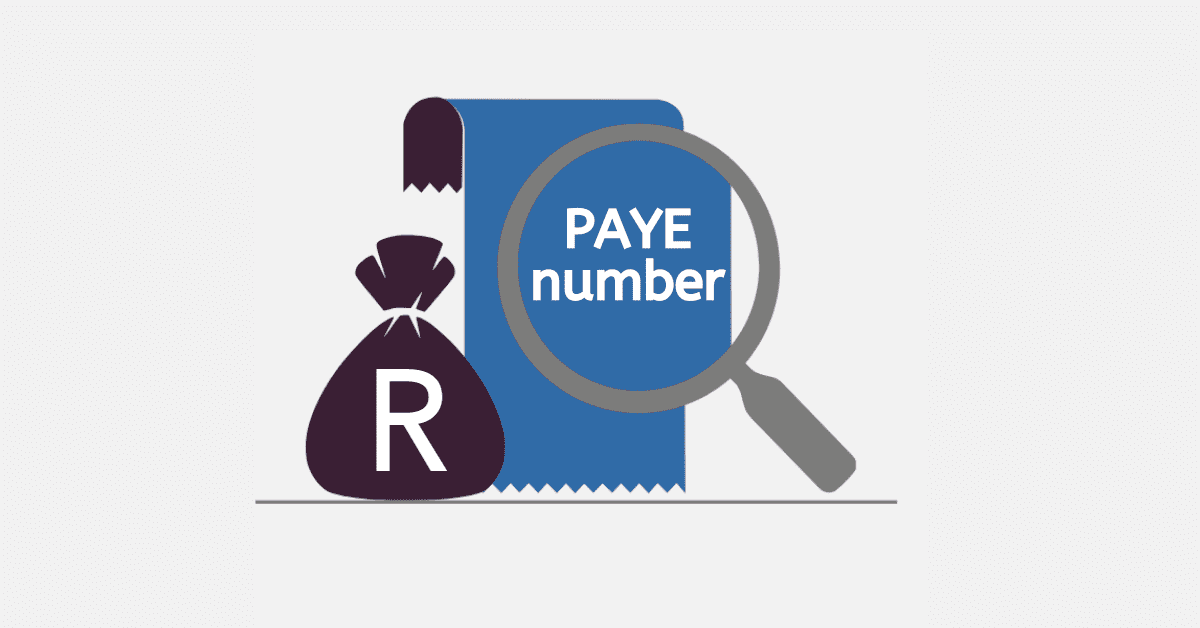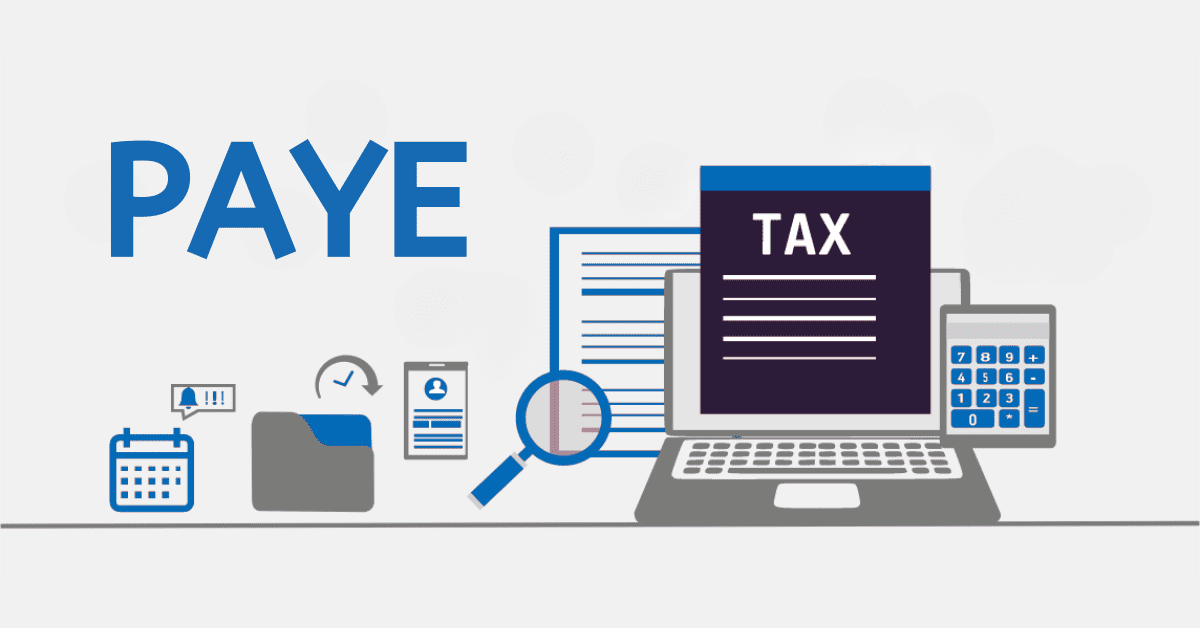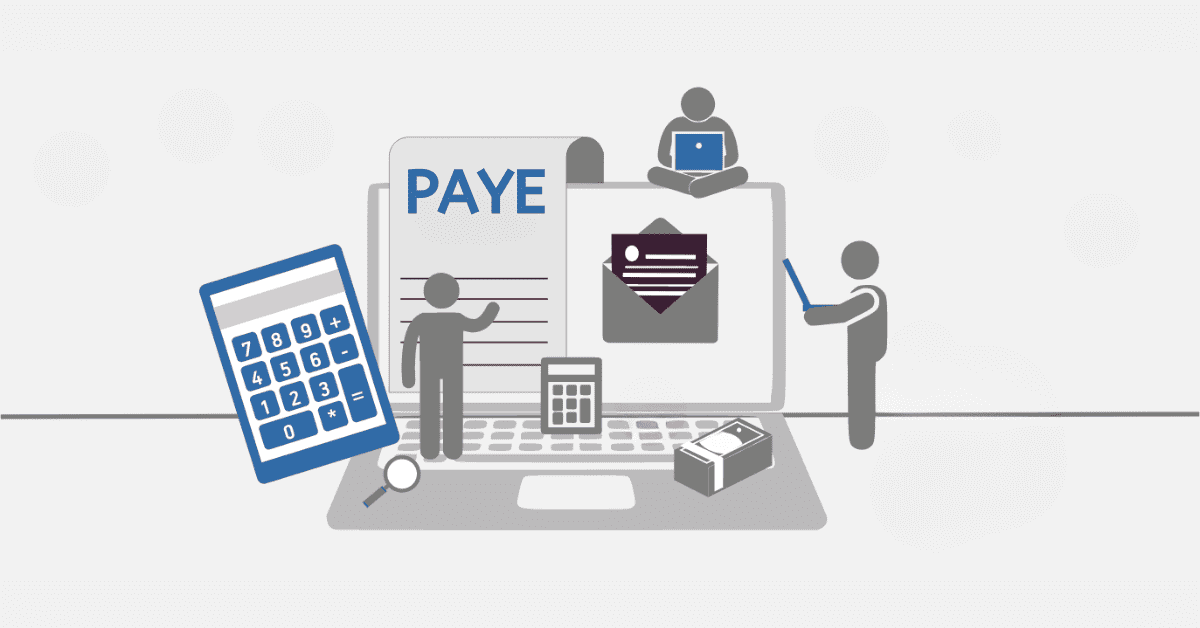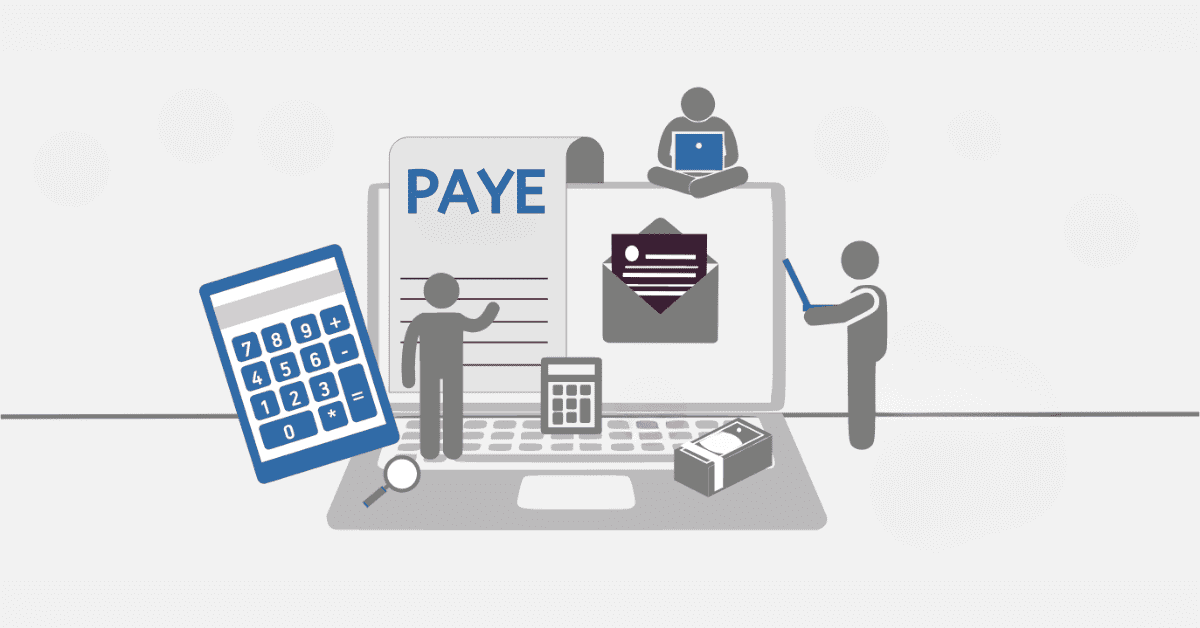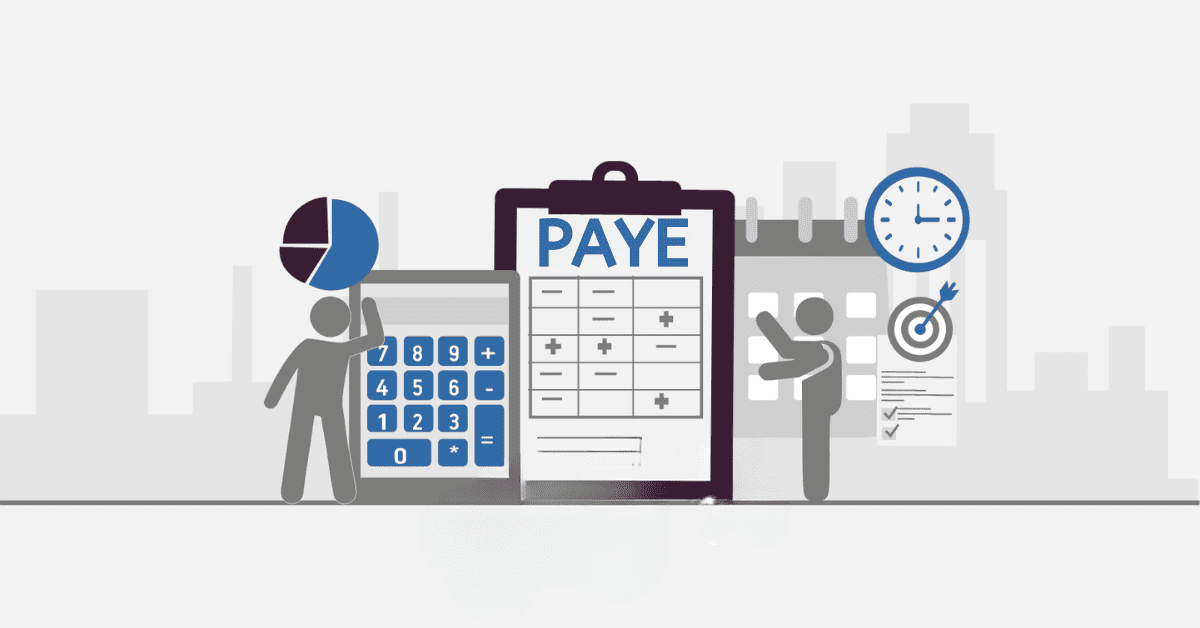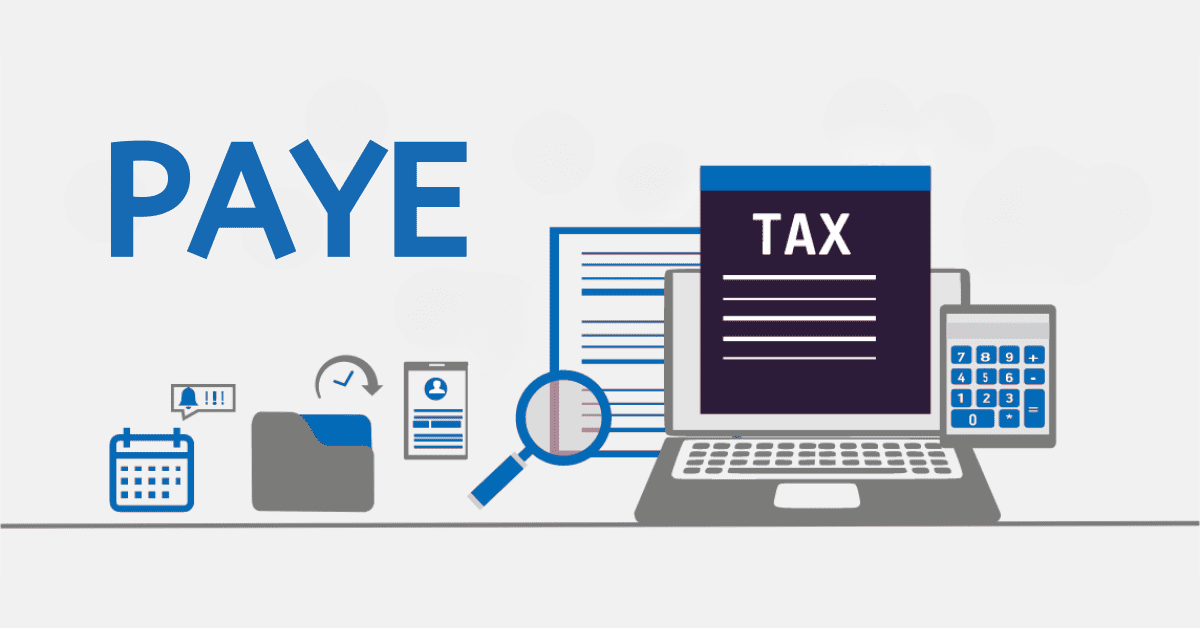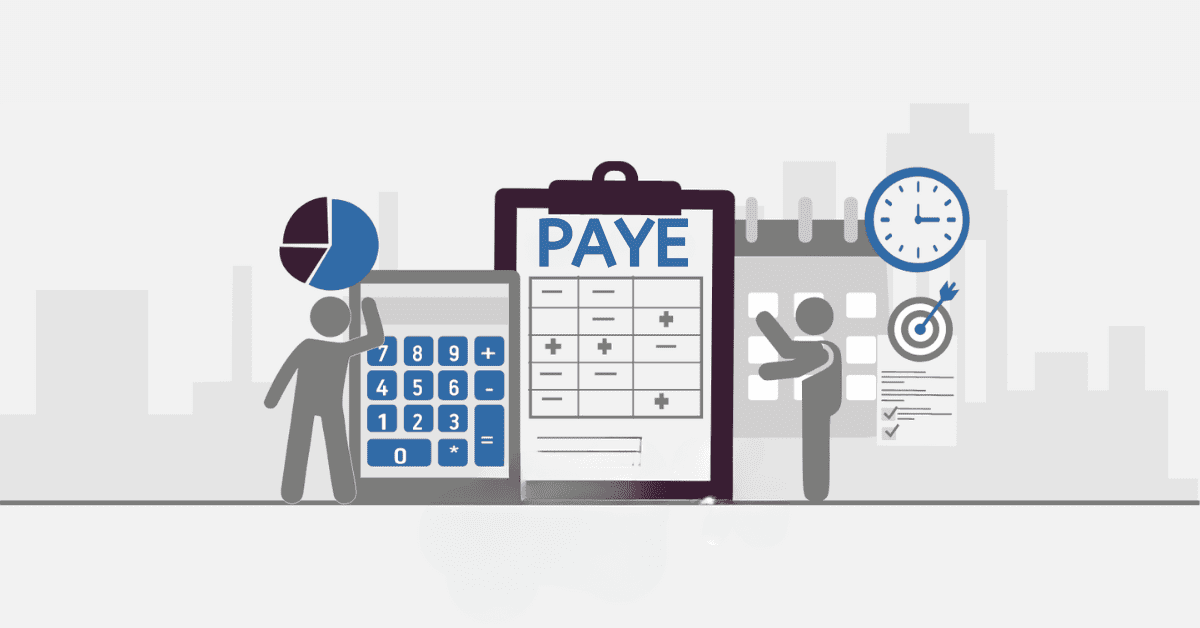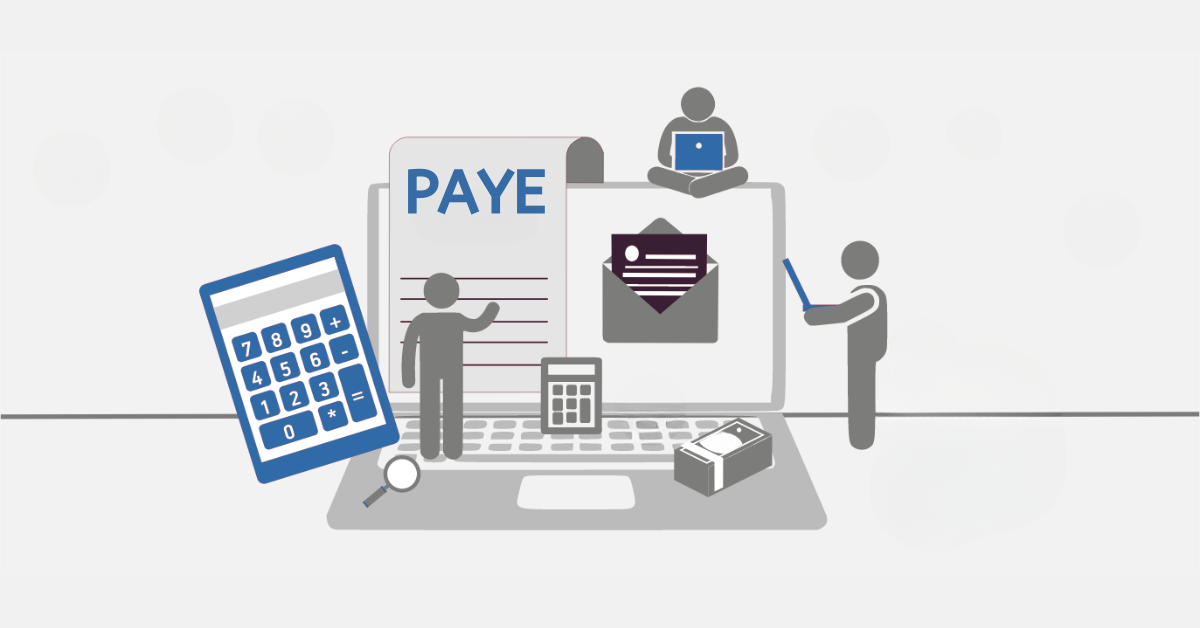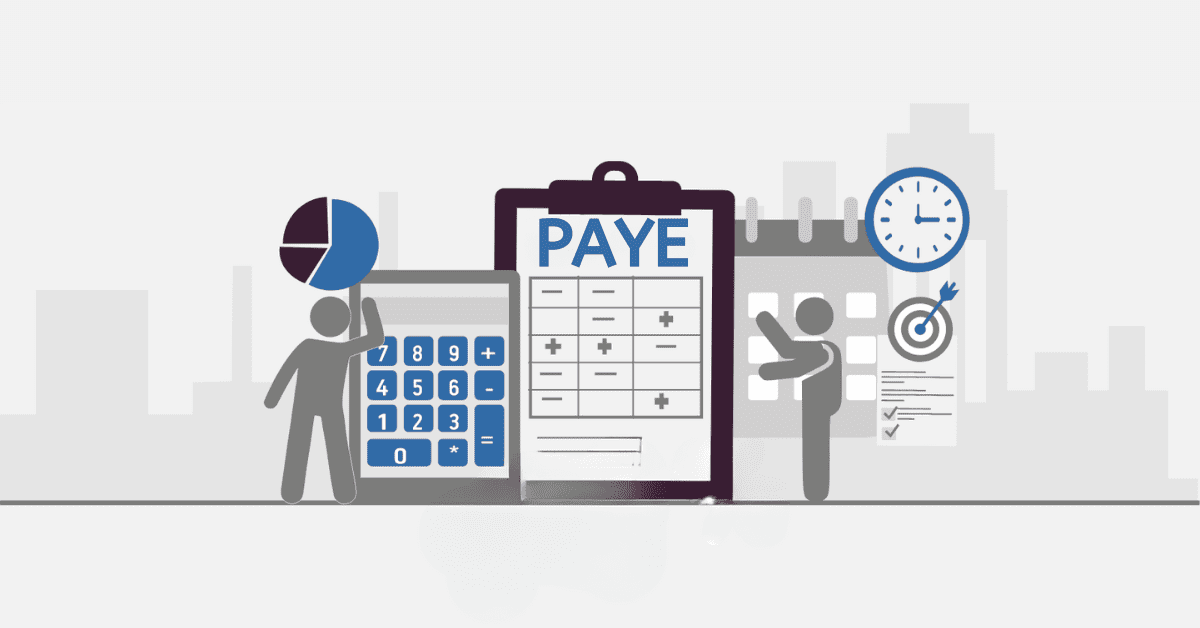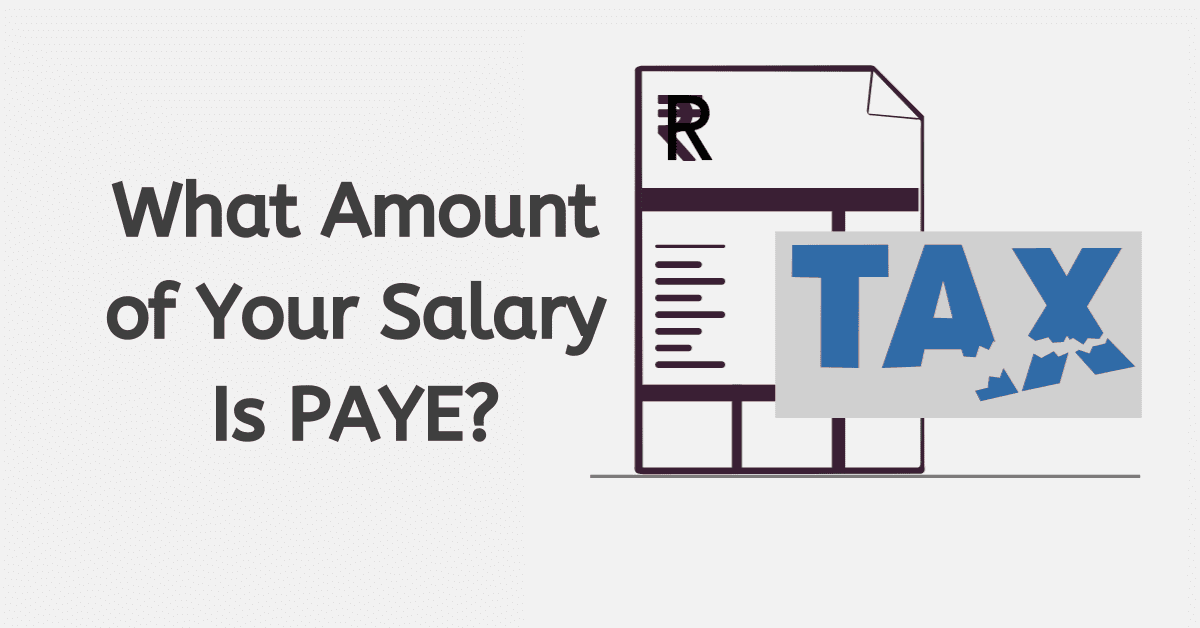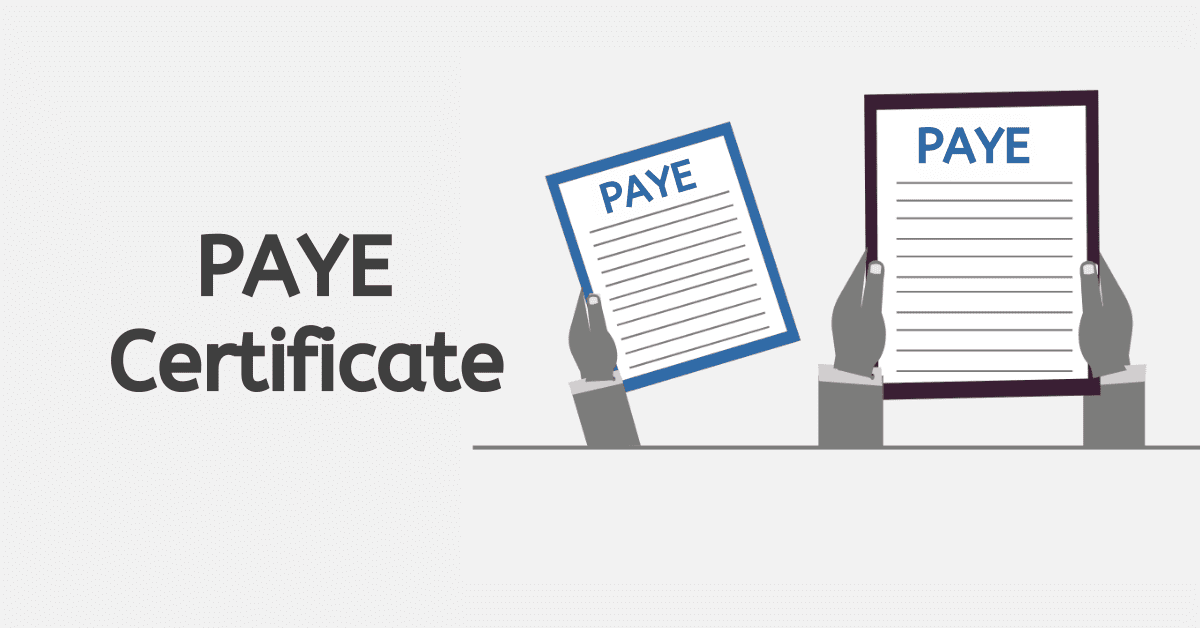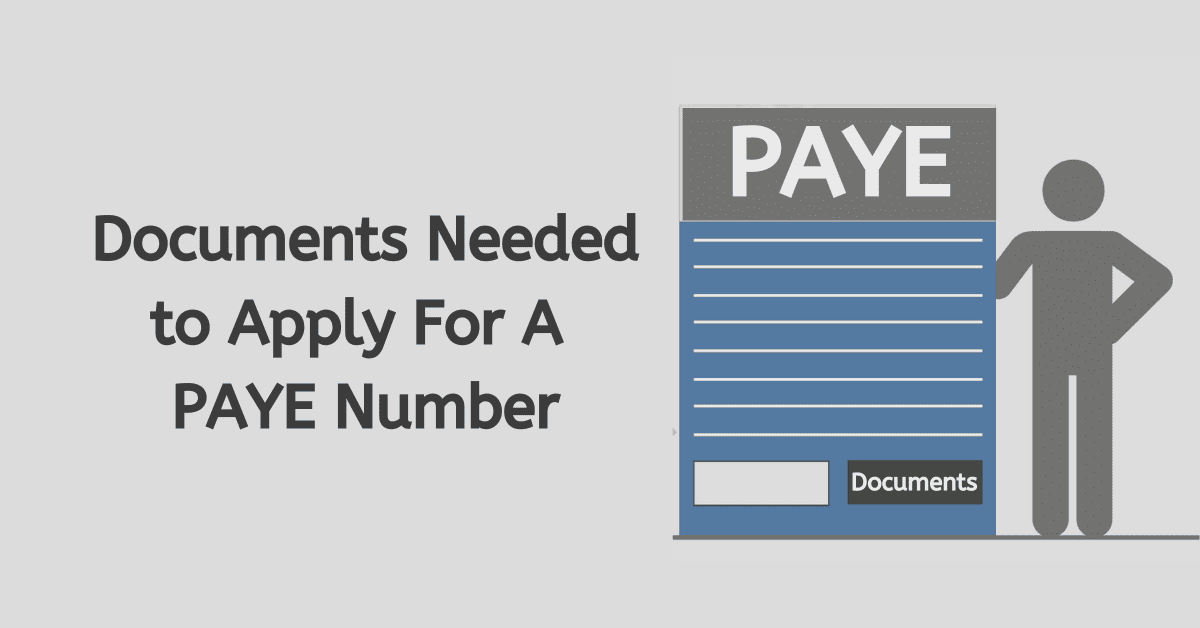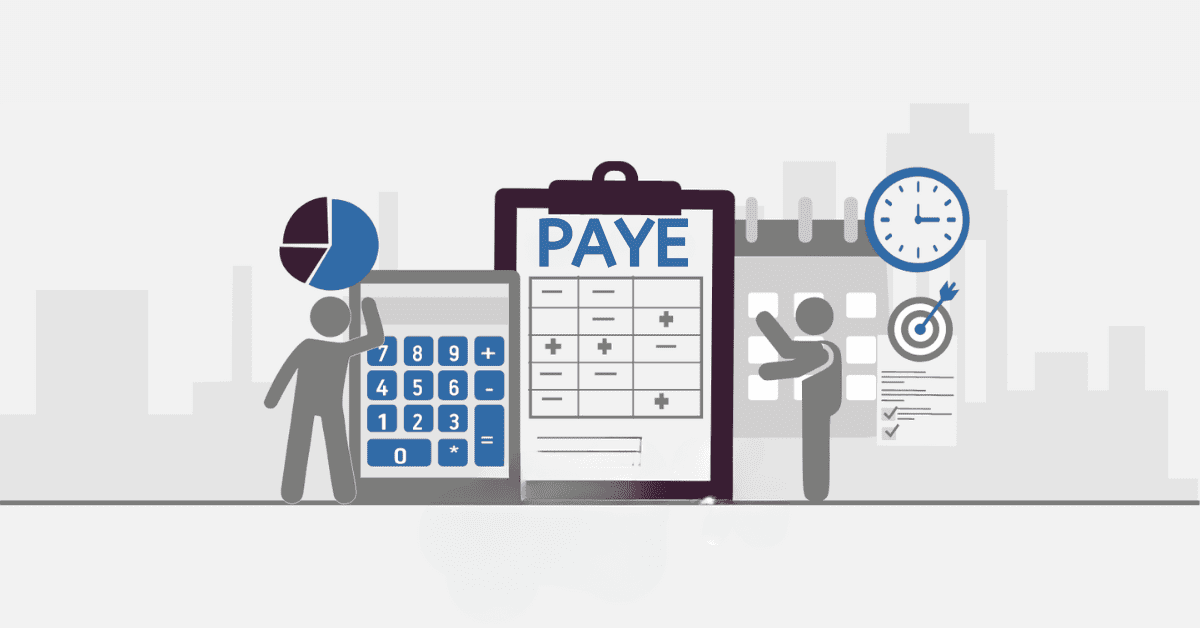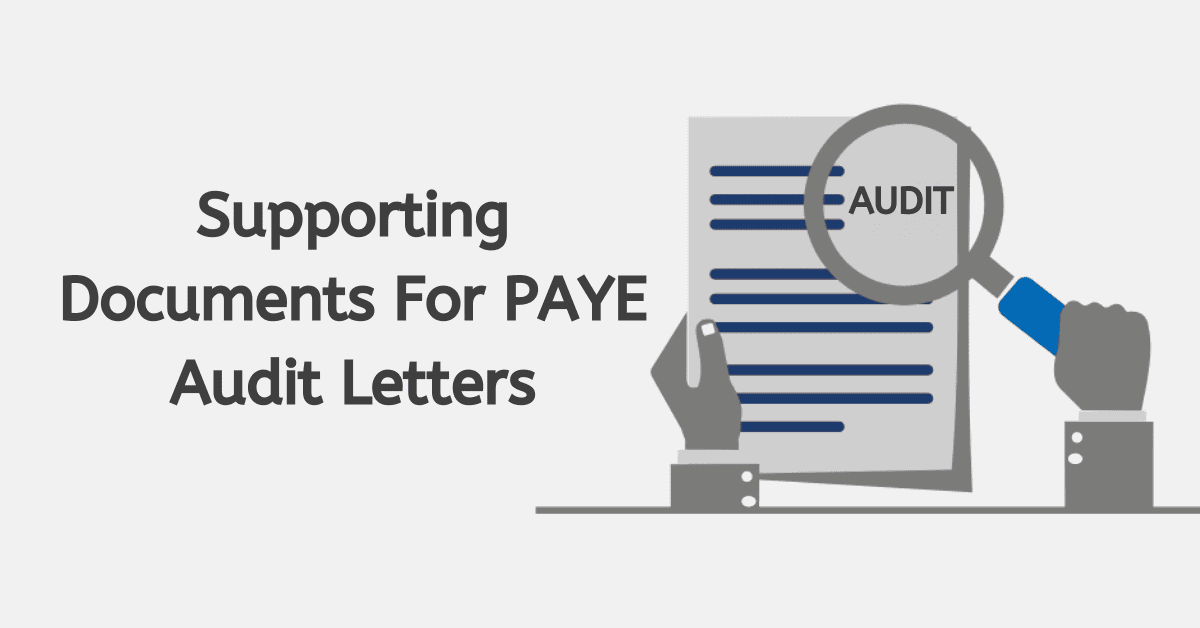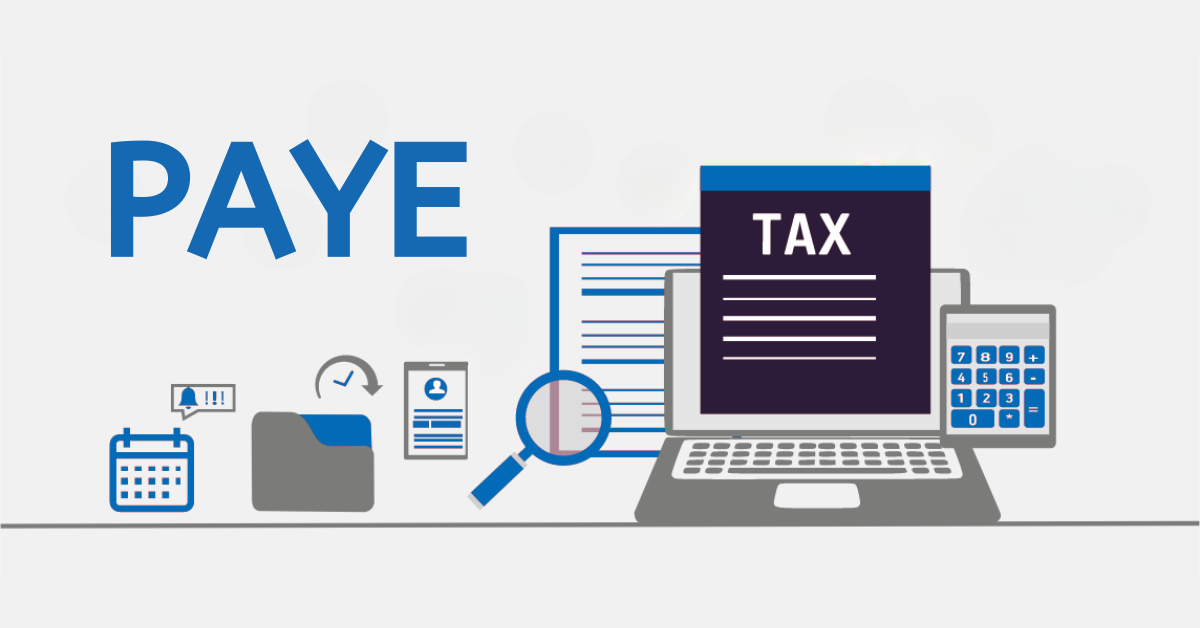It is more demanding for businesses to register for PAYE and set their tax books rolling. In South Africa, tax laws are more complicated than expected; hence, the introductory part of PAYE tax is all about registration. Once you register for PAYE, it sets the standard for your business to be ready to contribute to government revenue through PAYE taxes.
The main purpose of PAYE registration is to make it easier for employers in South Africa to deduct and submit their employees’ income tax to the South African Revenue Service. This system is designed to deduct employees’ taxes directly from their income, making the tax process easier for both employers and employees.
Employers have a crucial role in this process as they are responsible for accurately deducting the appropriate amount of income tax from their employee’s salaries and submitting it to SARS every month.
While we look at the PAYE registration for business, let us dive into the requirements for this process. As part of the requirements, documentation is required; hence, we will be sharing with you the documents that are required for business PAYE registration in South Africa.
What Documents Are Required For Business PAYE Registration
The registration process for PAYE in South Africa is crucial for businesses. It plays a vital role in ensuring that income tax deductions are done accurately and on time. By promoting tax compliance, it contributes to the sustainable development of the country.
It is crucial to make sure that these important documents are compiled and submitted to start the PAYE registration process in South Africa successfully. The careful process mentioned not only helps with managing taxes effectively but also plays a role in promoting economic stability and responsible business growth in the country.
- Legal identification documents of the CC/Company
- Certified copies of ID cards for Members/Directors.
- Description of the company’s operations and activities.
- Provide an estimate of the payroll for the next 12 months, including all payroll details.
- An original letter from the bank confirming the banking details of the CC/Company, duly stamped by the bank.
How do I register a company for PAYE in South Africa?
Once you have the required documents to register for PAYE for your company, you are ready to begin your registration. Company PAYE registration can be done online or offline. Regarding the offline aspect, you must find the SARS office within your municipality and submit the documents needed for the PAYE
- Log in to the eFiling platform using this link -www.sars.gov.za
- Go to the Organisations menu tab and select SARS Registered Details to find the relevant information.
- Click on the option labelled “SARS Registered Details” and then proceed to select “Maintain SARS Registered Details.”
- To confirm your authorization for maintenance functions, please click on the “I Agree” button on the Maintain SARS Registered Details screen.
- To register a new or additional PAYE, simply click on the “Add new product registration” button. You will receive a message confirming that the demographic information has been prepopulated on the RAV01 form.
- When you open the RAV01 form, you will see the Payroll Taxes Registration Options box.
- Make sure to choose PAYE registration. If it applies to you, select the business activity code.
- Please click on the “OK” button to proceed once you have made your selections.
- Please click on the “confirm” button once you have finished to finalise your PAYE registration.
When can a company register for PAYE?
If you are setting up a company in South Africa and are concerned about when to register for PAYE, here is what you need to know. The PAYE registration is intended to collect the data of employers and employees within a company. This informs SARS of the employee total, the expected salary and details about the company.
Once you register for PAYE, you can start making the deduction from the salaries of your employees. In South Africa, you are required to register for PAYE within 21 business days of starting operations. This is part of the legal requirements of PAYE registration.
Which CIPC documents are required?
The Company and Intellectual Property Commission, also known as CIPC, is the government department in charge of handling company registrations in South Africa.
The only valid documents required are your South African ID or a passport for foreign nationals.
